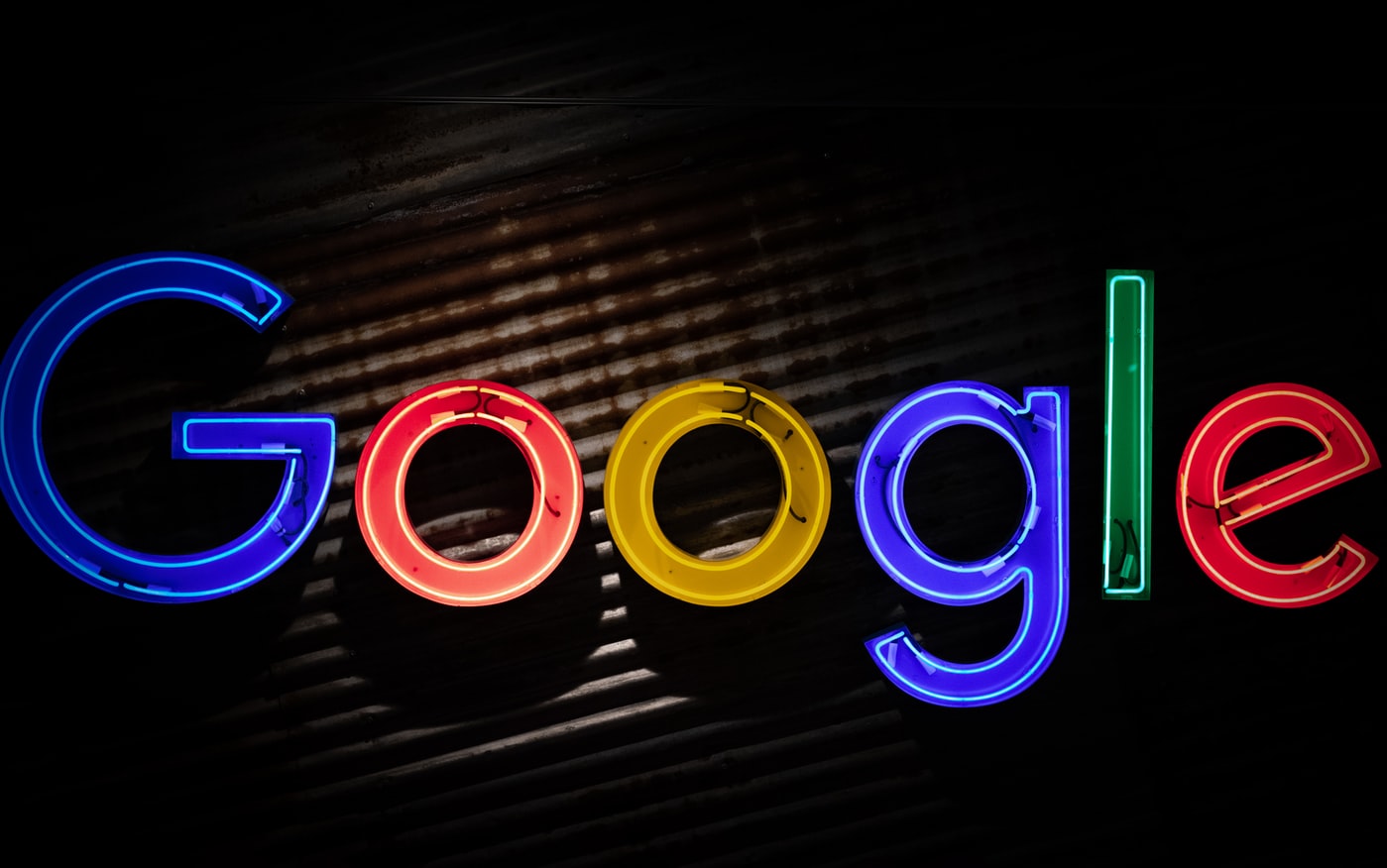Android, here’s how Google will give in on privacy

Google has announced that it intends to adopt a new system to protect the privacy of its users, in order to limit tracking through apps on smartphones with the Android operating system, as already done by Apple
On the balance between free apps and advertisers' earnings is the needle of user privacy, and Google is trying to stay somewhere in between.
Today the Mountain View giant announced that it will also bring the Privacy Sandbox project to Android.
"Our goal is to develop advertising solutions that are effective and improve privacy protection," Google explained in a blog post.
"These solutions – explains the company in the note – will limit the sharing of user data with third parties and will work without identifiers between apps and apps".
Testing of the new system will begin this year. And the company claims it will give other companies ample time to adapt to changes to its Android software in constant dialogue with developers and regulators. A veiled dig at the other tech giant Apple.
The changes Apple made to its iOS software on the iPhone to allow users to or not give advertisers permission to track them have affected large internet companies.
All the details.
GOOGLE'S SANDBOX PRIVACY
Privacy Sandbox is the initiative launched in 2020 by Google that involves web experts together with companies, trade associations, publishers and regulators, with the aim of defining new common standards for the web.
Last month, the giant announced Topics, a new Privacy Sandbox proposal for interest-based advertising that will replace Floc (groupings formed around the common interests of people). With Topics, the browser identifies some topics that represent the main interests that emerged during the navigation of the last week, based on the history.
EXTENDED TO ANDROID DEVICES
With the activity of Privacy Sandbox, it will be possible to provide greater security to shared data while using an Android smartphone or tablet.
As Nicola Roviaro, Head of EMEA Data Privacy Specialists at Google explains, anyone investing in advertising campaigns on the American giant's platforms, including those targeting Android, will still be able to receive important information on the audience to be reached. Without this having to sacrifice part of your privacy.
An example is the Federated Learning of Cohorts (FLoC) solution which is based on machine learning algorithms that operate within the individual devices and that are able to develop useful models for advertising purposes, doing without a complete individual profile.
OVERCOME COOKIES
According to Google, this is just one of the ways to overcome the logic of "cookies", that is the navigation footprint that a user leaves on the network. Google calculates that when third-party cookies are disabled, publishers receive on average 52% less of their anticipated ad revenue.
Google's goal is to find an option to ensure greater privacy for users, while also allowing developers to continue making ad revenue.
LA STOCKATA IN APPLE
In today's announcement, the Mountain View giant has spared no veiled criticism of rival Apple.
“We are aware that other platforms have taken a different approach to managing privacy in advertising, limiting the tools used by developers and advertisers. But without first providing valid alternatives, such approaches risk being ineffective and lead to worse results, both for the privacy of users and for the work of developers ", reads the blog post by Big G.
WHAT THE COLOSSUS DI CUPERTINO HAS DONE
Google's reference is to changes Apple made to its iOS software on the iPhone. Apple's permission controls – and, ultimately, users' decision to block tracking – have had a profound impact on the internet companies that have built businesses on so-called targeted advertising.
HAS ALREADY RESENTED META (FACEBOOK)
Apple's changes, operational since last year, have already heavily impacted the digital advertising industry, as demonstrated by Meta (Facebook). Mark Zuckerberg 's company announced in its fourth quarter 2021 results disclosure that it will suffer a $ 10 billion loss in revenue this year. The news contributed to the reduction of Meta's capitalization by more than $ 300 billion.
To Apple's drastic solution, Google said it will offer preview versions of its new offerings to advertisers, before releasing a more comprehensive trial version this year.
This is a machine translation from Italian language of a post published on Start Magazine at the URL https://www.startmag.it/innovazione/android-ecco-come-google-cede-sulla-privacy/ on Wed, 16 Feb 2022 15:37:04 +0000.
